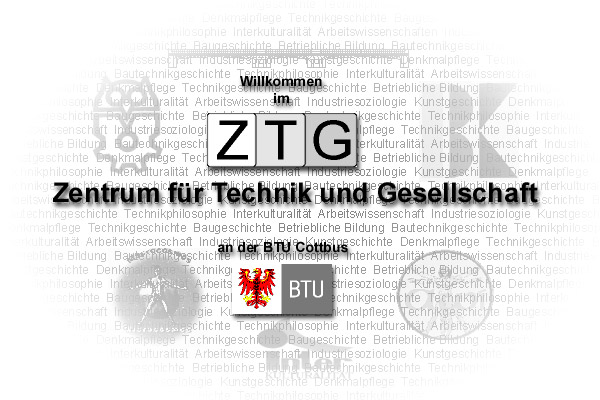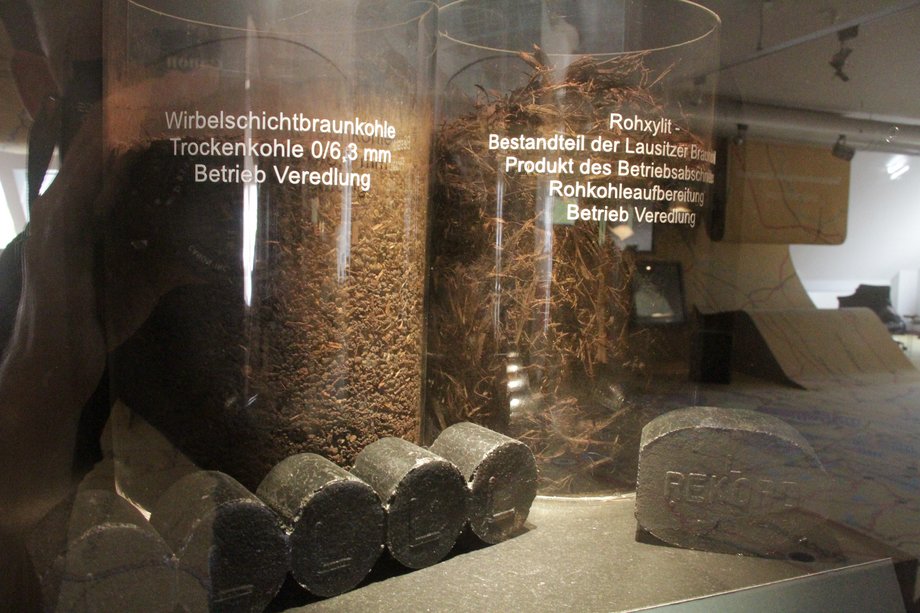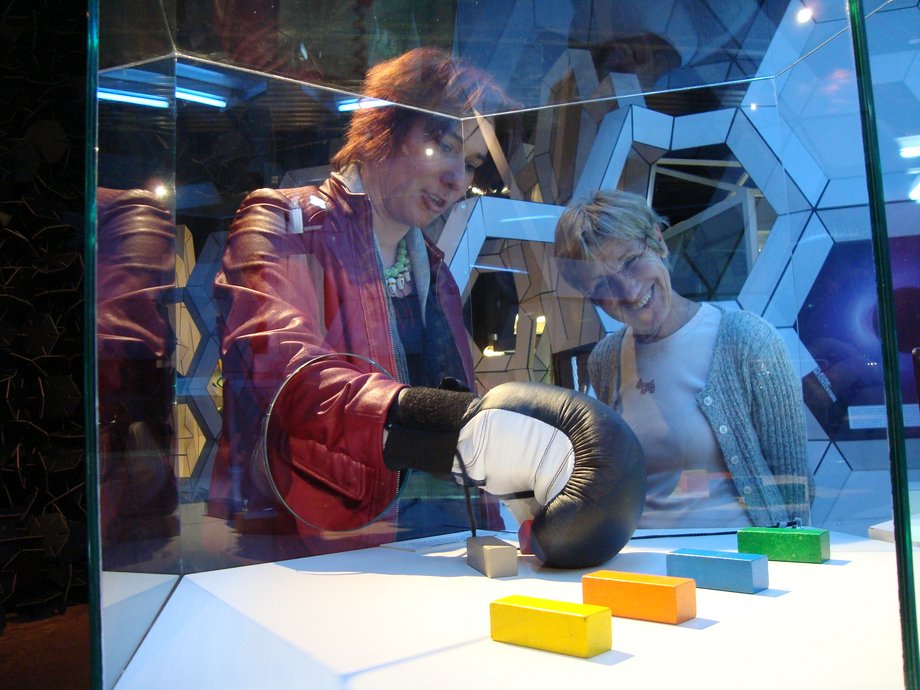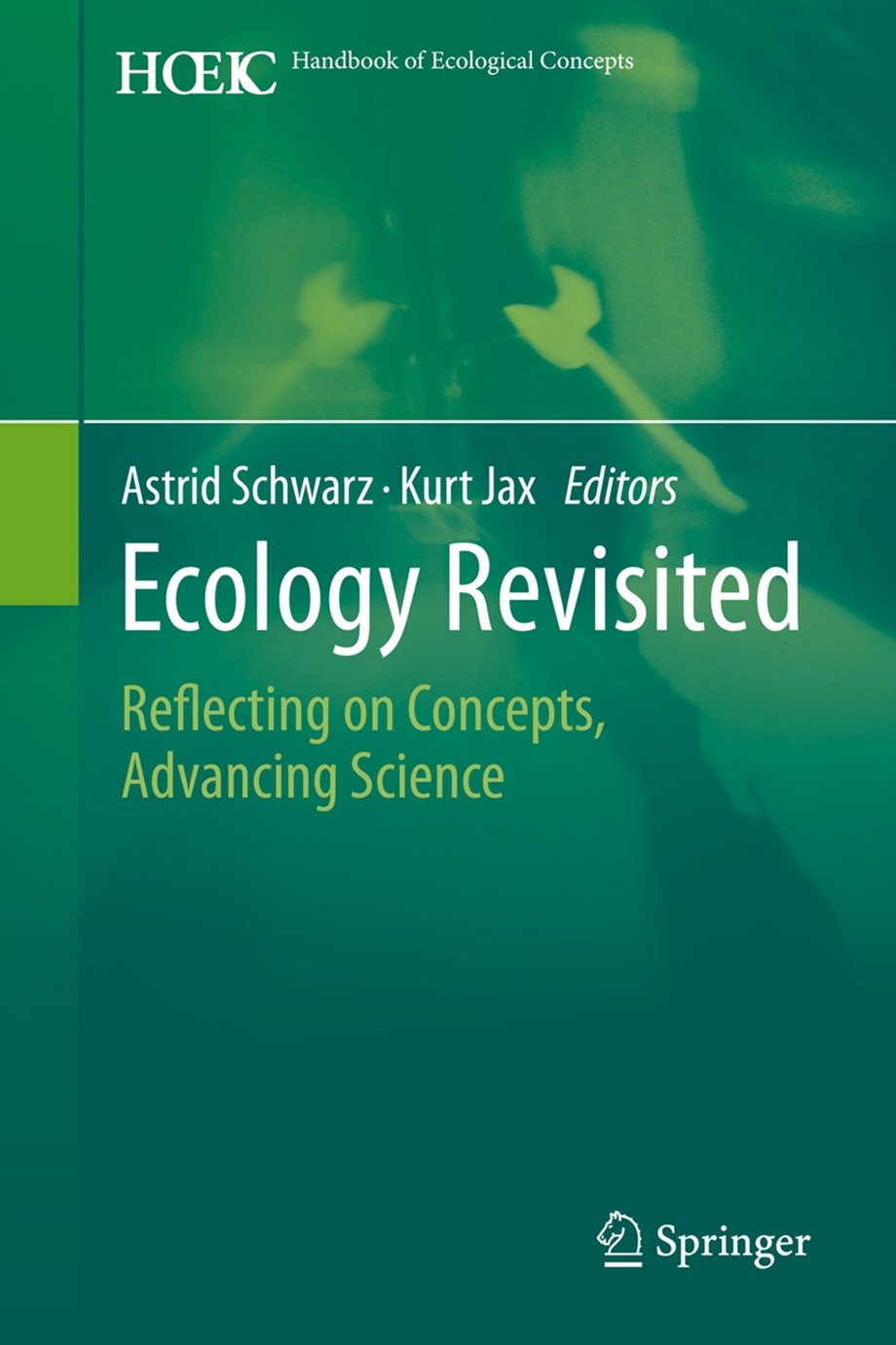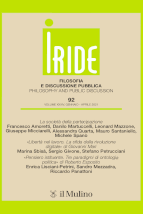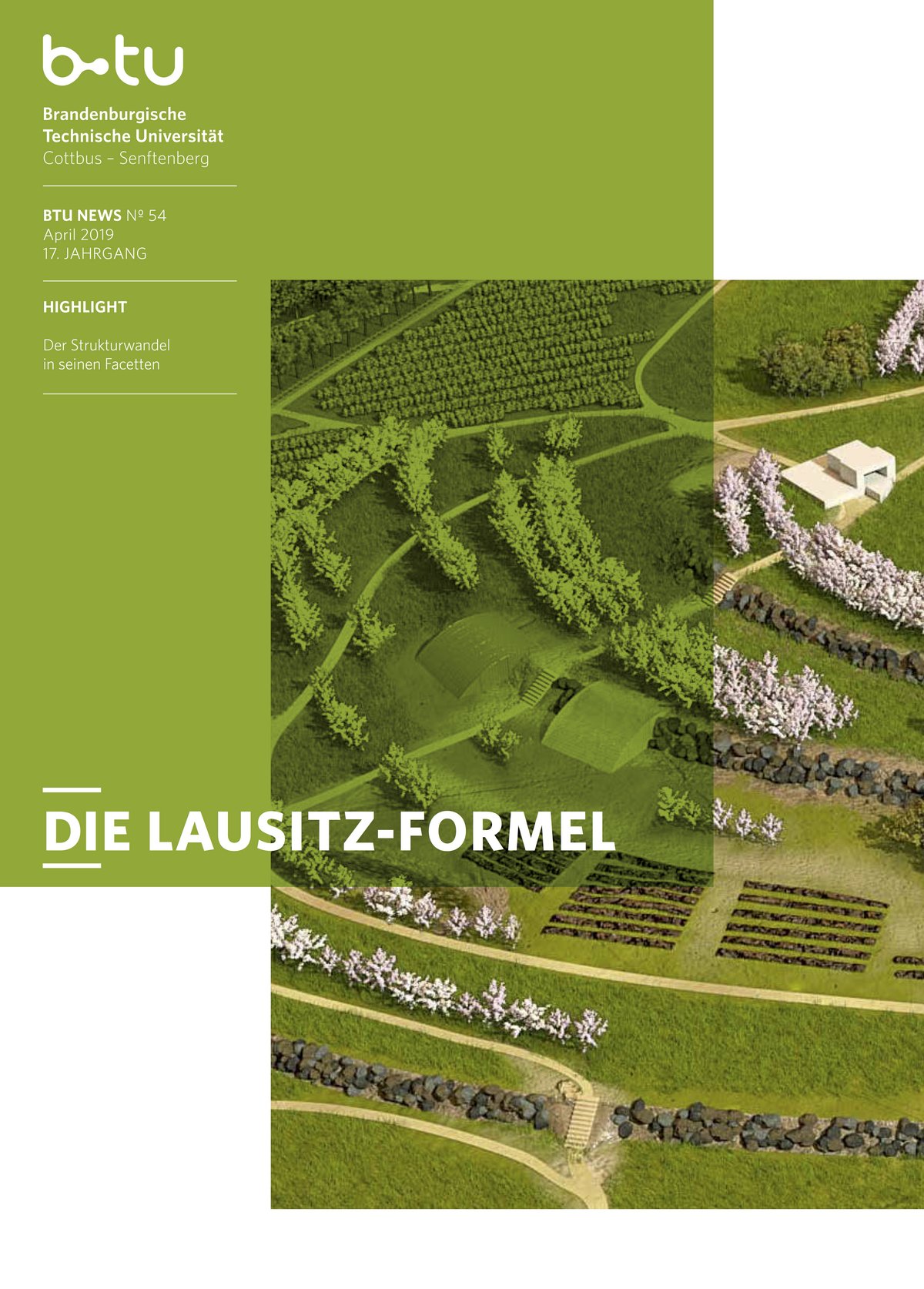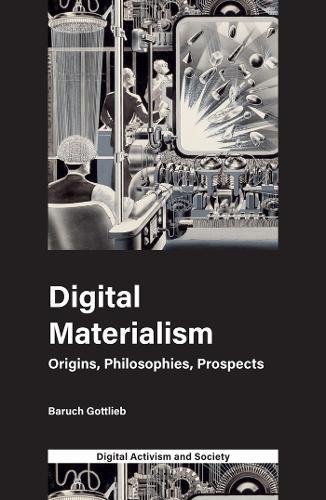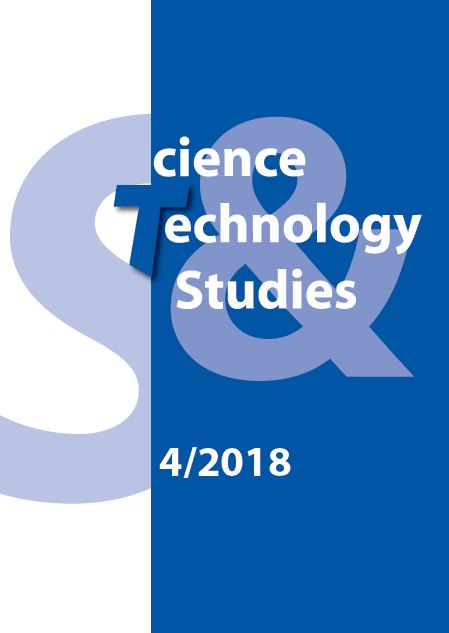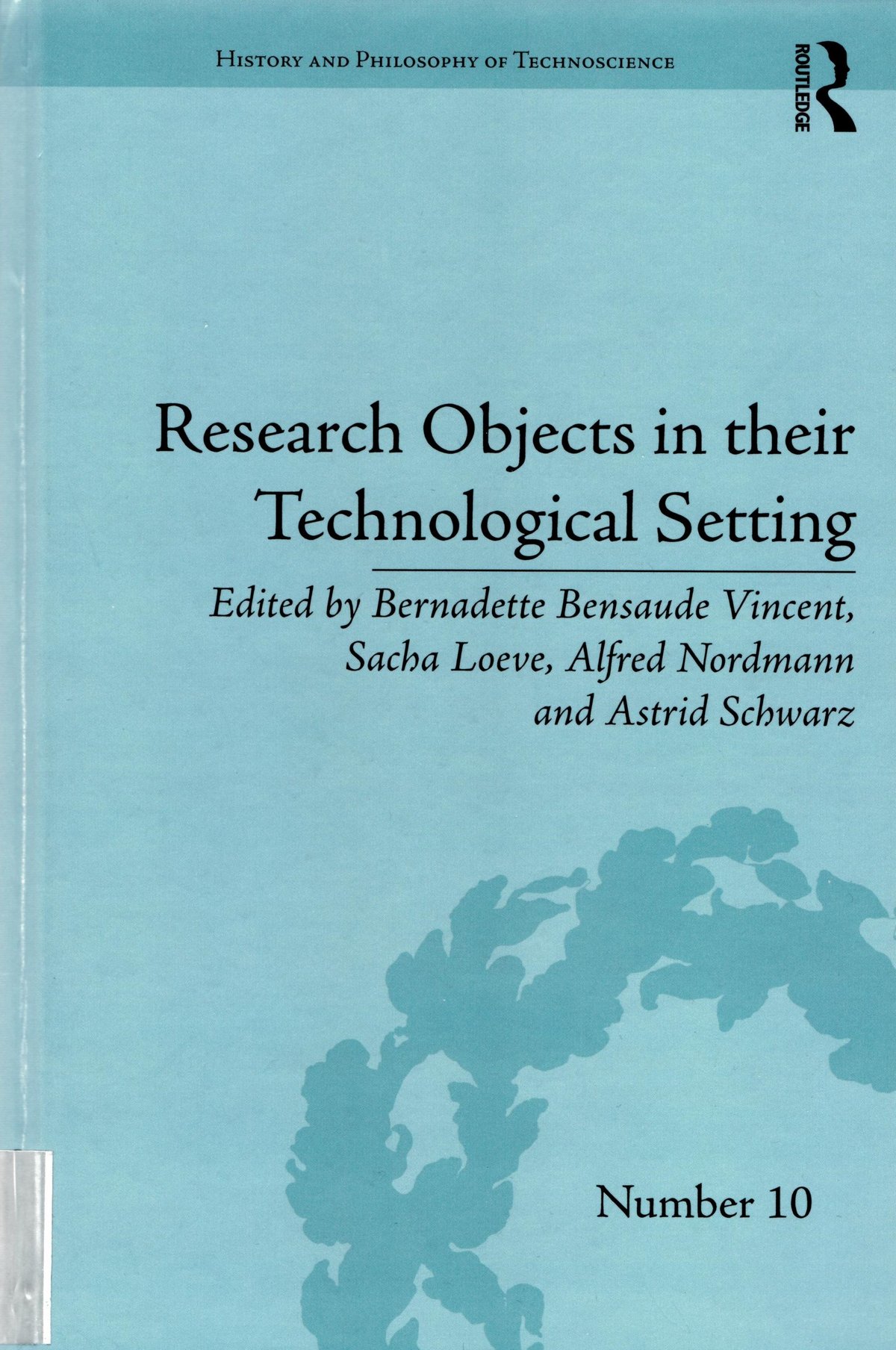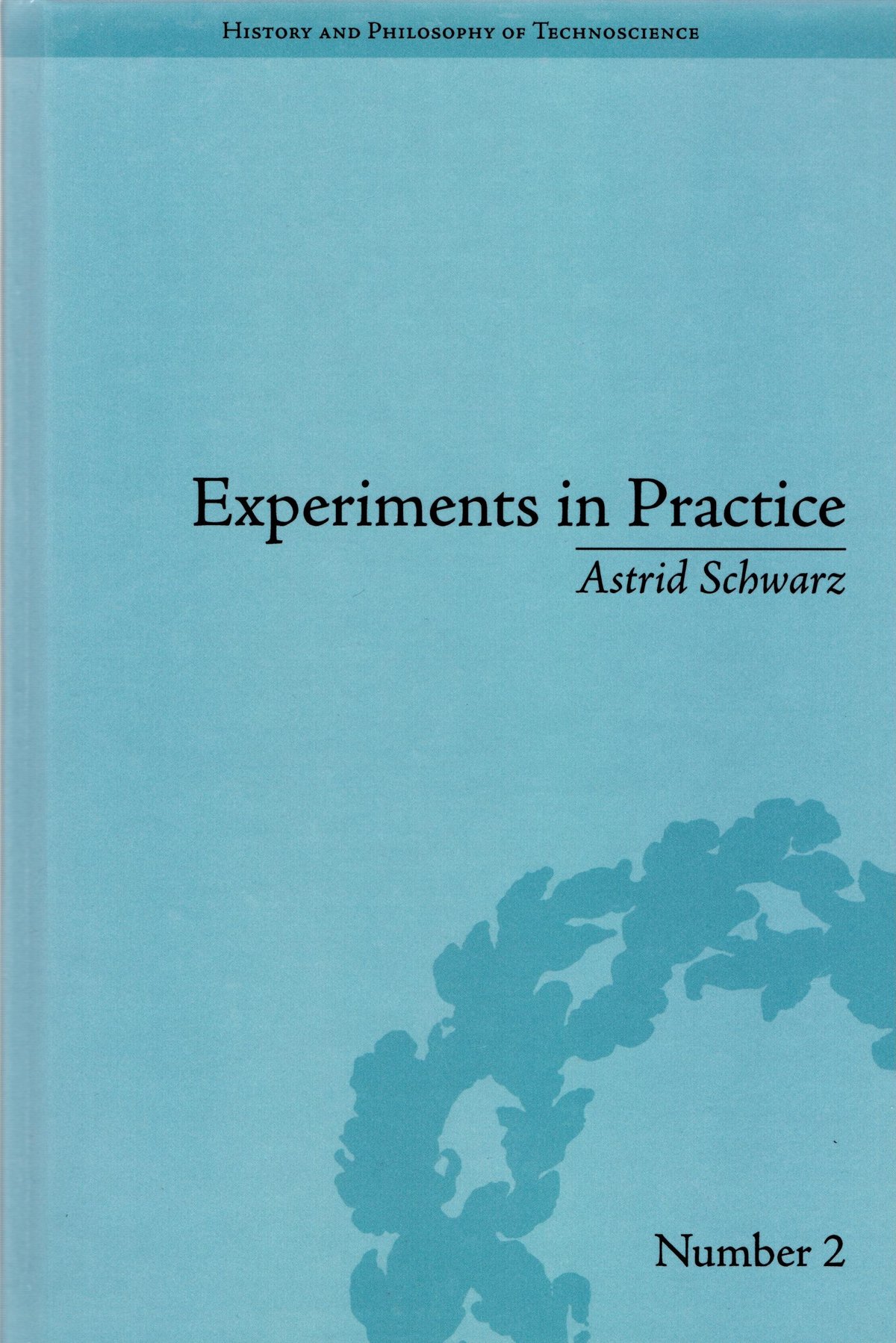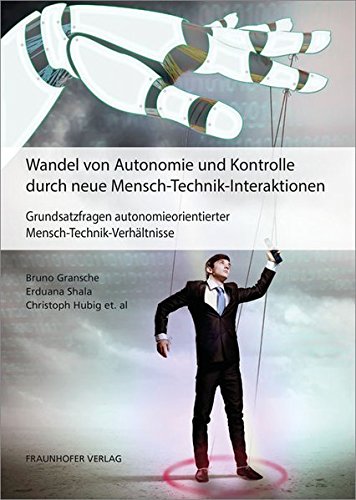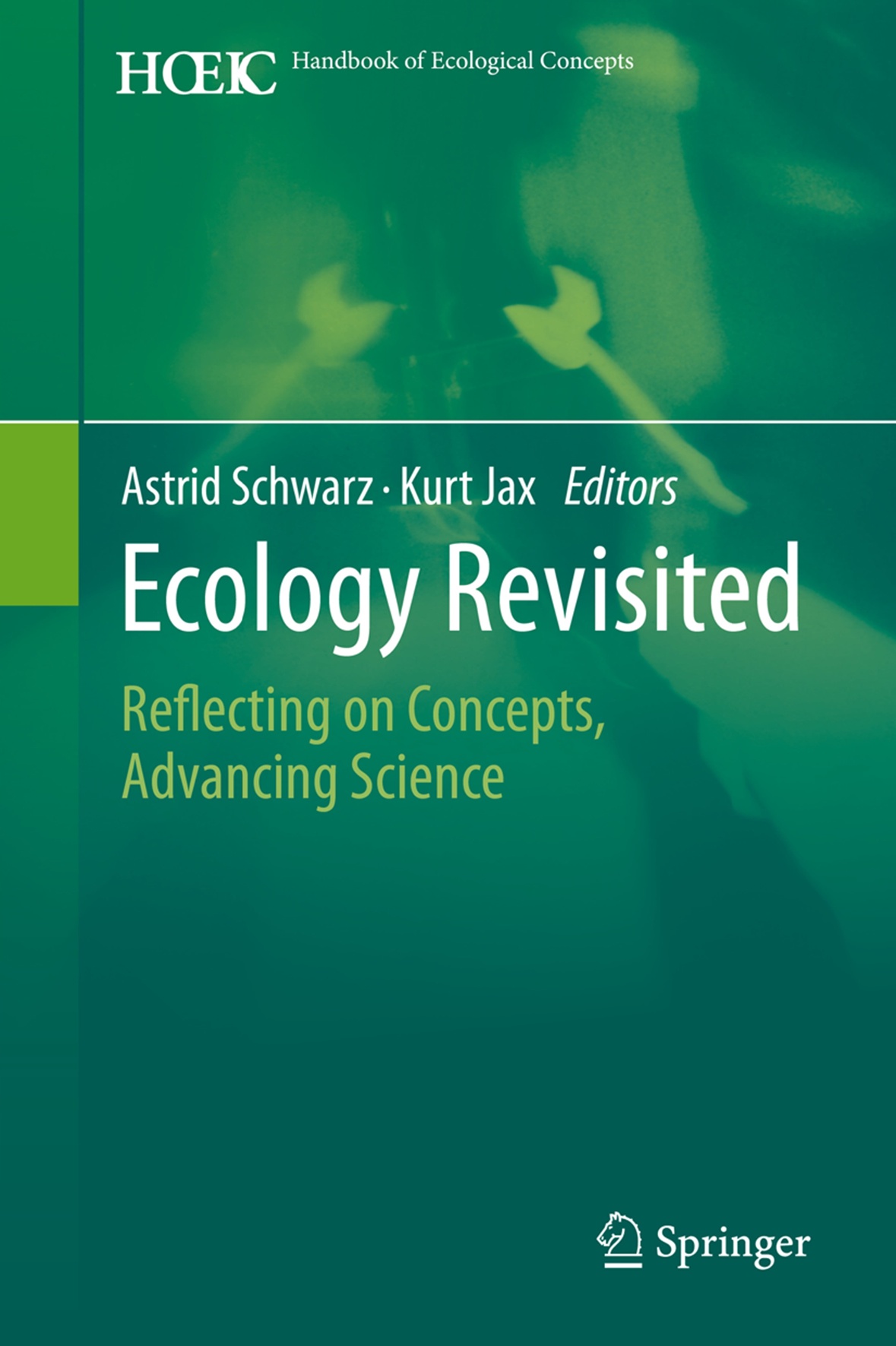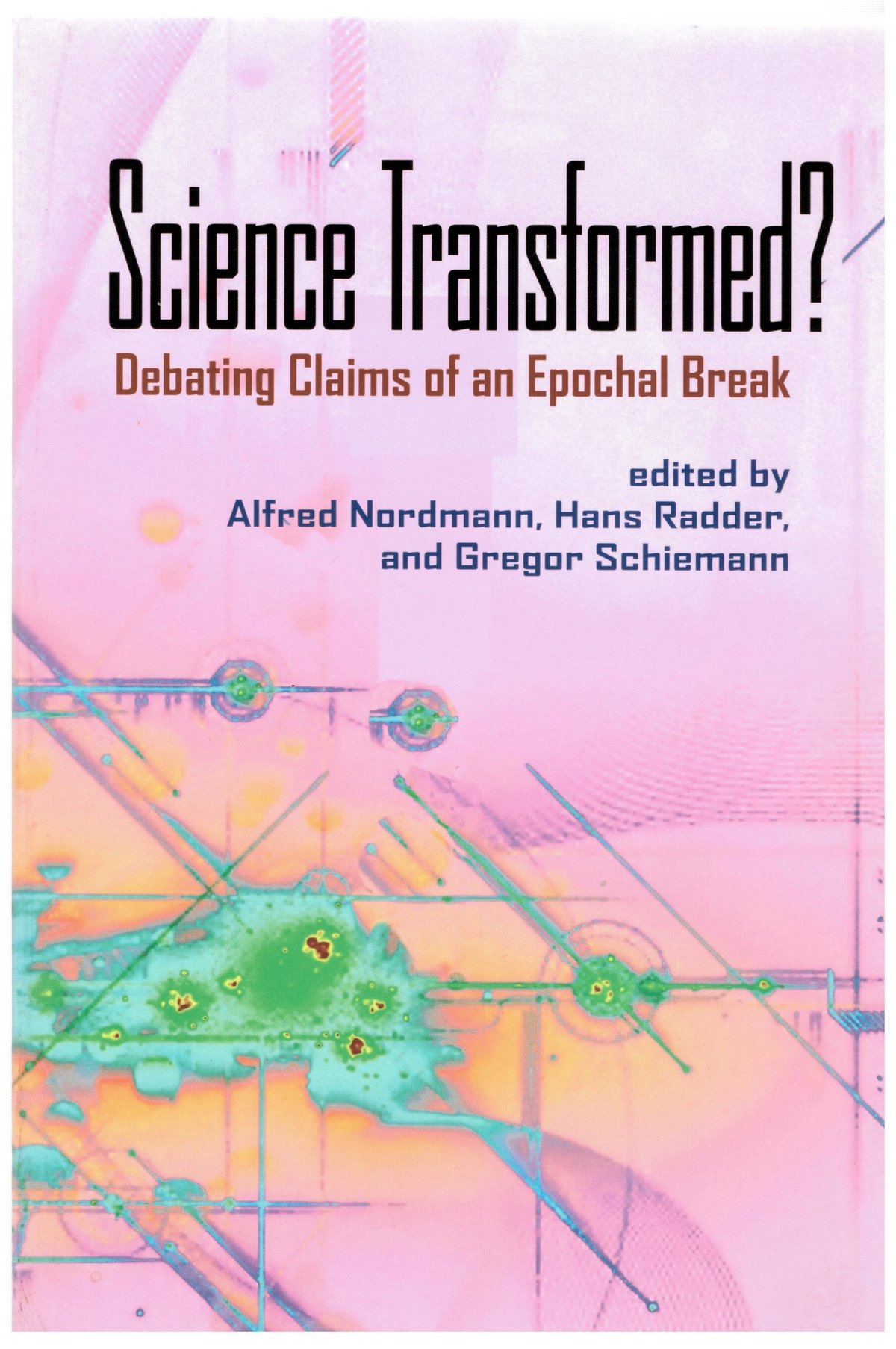History of Science and Technology Studies at BTU Cottbus-Senftenberg (GTW@BTU)
Science and Technology Studies (STS) at Brandenburg University of Technology Cottbus-Senftenberg and its predecessors follows a deep-seated tradition, experiencing several change and reorganization processes. From the beginning, the influence of departments and chairs in this field of research and teaching has been visible at this university: A faculty of philosophy and social sciences, a ‘Center for Technology and Society’, and the culture and technology study programmes have been founded on this very basis—the same applies to BTU’s ‘general studies,’ which have been invented in a similar way. Most of these activities and concepts are visible even nowadays, whereas STS at BTU also needed to endure and accept multiple restrictions and failures over time. Starting in 2017, there have been a leading professor for the Chair of Technoscience Studies again. As of 2021, there is also a new Chair of Technological and Environmental Sociology. Both departments stand for a fresh start of STS at BTU.
The project ‘History of Science and Technology Studies at BTU Cottbus-Senftenberg’ (GTW@BTU) aims for a reappraisal of this turbulent history by reviewing archived documents, interviewing contemporary witnesses and current university staff, inviting external colleagues, and consulting economical, administrative and industrial institutions. A focus on historical structures, people and concepts shall initiate discussions and raise questions regarding STS at today's BTU and its influence on teaching and research. This scientific project will be documented on the Chair of Technoscience Studies's website by using commentaries, intriguing historical papers, and scientific research work.
Project is in preparation.
Further Information
Epistemically Ordering Natures, Coal and Transformation in Sorbian Lusatia
The transformation of Lusatia is not only contested, longed for and resisted against, it is also known is specific ways. Knowledge practices take part in ordering the subject matter of that knowledge, directly as epistemic ordering, but also indirectly, mediated by material practices. This project analyses incumbent knowledge practices in Sorbian Lusatia that concern the interrelation of natures, coal and the capacity of transformation. For that the project empirically investigates heterogenous artefacts of collaborative knowledge practices. The project focuses specifically on artefacts of practices in which Sorbian actors or statements co-construct the way nature(s) and coal(s) are thought. This powers asking how the artefacts take part in ordering the discourse of transformation.
This project is conducted by Ingmar Lippert with support by Markus Vorreyer.
GOTO – Genesis and Ontology of Technoscientific Objects
GOTO was funded as a DFG/ANR project (2011-2014), it was a collaboration between philosophers of technology at Université Paris 1 Panthéon-Sorbonne and the Technical University of Darmstadt. The main objective was to develop a philosophy of technoscience through the objects of research. What is the difference between technoscientific and scientific research with respect to research objectives, methods and publication strategies? What kind of questions come up with respect to ontology and epistemology?
Handbook of Ecological Concepts (HOEK) Research and Edition Project
This project covered ecological knowledge and its historical and philosophical debates. The project was initiated by Astrid Schwarz (TU Darmstadt) and Kurt Jax (UFZ Leipzig). Several workshops (Paris, Leipzig, Darmstadt) and a lot of enthusiasm from many colleagues realized this research, which ran for about a decade. Results have included an international, interdisciplinary reference work situated in the fields of ecology and environmental studies, and the creation of a scientific network on these topics.
The project was particularly interested in the ways in which ecological concepts are used. Our main concern was to trace the dynamics and continuity of concepts, that is, to analyse processes of conceptual transformation as well as strategies for rendering robus concepts in both current and historical ecological knowledge. In the book, concepts are discussed as being more or less appropriate to their intended task, and not discussed in terms of being true or false.
From the beginning, the project understood itself as a contribution to ecological research, especially theory building and also modelling. In this sense, the project is a good example for a study in the philosophy of science in practice. However, the historical issues never got lost, to begin with reflections on the methodology of a philosophy of concepts in a mixed field like ecology, to the discussion of formation stories of ecological knowledge and institutions in different countries.
As concerns about humankind’s relationship with the environment move inexorably up the agenda, this volume tells the story of the history of the concept of ecology itself and adds much to the historical and philosophical debate over this multifaceted discipline. The text provides readers with an overview of the theoretical, institutional and historical formation of ecological knowledge. The varied local conditions of early ecology are considered in detail, while epistemological problems that lie on the borders of ecology–such as disunity and complexity–are discussed. The book traces the various phases of the history of the concept of ecology itself, from its 19th century origins and antecedents, through the emergence of the environmental movement in the later 20th century, to the future, and how ecology might be located in the environmental science framework of the 21st century.
The study of ‘ecological’ phenomena has never been confined solely to the work of researchers who consider themselves ecologists. It is rather a field of knowledge in which a plurality of practices, concepts and theories are developed. Thus, there exist numerous disciplinary subdivisions and research programmes within the field, the boundaries of which remain blurred. As a consequence, the deliberation to adequately identify the ecological field of knowledge, its epistemic and institutional setting, is still going on. This will be of central importance not only in locating ecology in the frame of 21st century environmental sciences but also for a better understanding of how nature and culture are intertwined in debates about pressing problems, such as climate change, the protection of species diversity, or the management of renewable resources.
The Handbook of Ecological Concepts deals with fundamental terms that are or have been of theoretical relevance in scientific ecology. They are discussed using an approach that to some extent builds on the methodology of history of concepts. Approaches using such a methodology were developed during the second half of the twentieth century in various encyclopaedic projects in the fields of history, politics, musicology and philosophy, among others. Rather than providing simple definitions and explanations, these approaches seek to trace and reconstruct the dynamics of concept building and conceptual transformation. This is exactly what this Handbook aims to do and is also reflected in the structure of the volume.
Further Information
Iride
Schwarz, Astrid. 2021. „Framed Landscapes – or – Without a Frame there is no Landscape“.
In: Iride, Filosofia e discussione pubblica 1/2021: 29-49.
Società editrice il Mulino.
Find this publication in the German Union Catalogue of Serials (ZDB)
(obtainable on interlibrary loan via KOBV order option)
BTU News 54
Schwarz, Astrid; von Xylander, Cheryce; Lewerentz, Claus. 2019. ‘Künstliche Welten gestalten unsere Umwelt’.
BTU News 54: 15.
Digital Materialism. Origins, Philosophies, Prospects
Baruch Gottlieb. 2018. Digital Materialism. Origins, Philosophies, Prospects.
Series: ‘Digital Activism and Society. Politics, Economy and Culture in Network Communication’.
Emerald Publishing Limited.
Science & Technology Studies. Special Issue: Numbering, Numbers and After Numbers
2018. Science & Technology Studies. Special Issue: Numbering, Numbers and After Numbers.
Edited by Ingmar Lippert und Helen Verran.
European Association for the Study of Science and Technology (EASST) and Finnish Association for Science and Technology Studies (FSTS).
Research Objects in their Technological Setting
2017. Research Objects in their Technological Setting.
Edited by Bernadette Bensaude-Vincent, Sacha Loeve, Alfred Nordmann and Astrid Schwarz. Series: ‘History and Philosophy of Technoscience’, edited by Alfred Nordmann.
London, New York: Routledge.
A Political Economy of the Smallest Things
Baruch Gottlieb. 2016. A Political Economy of the Smallest Things. The Materiality of Images at the Nano-scale.
Atropos Press.
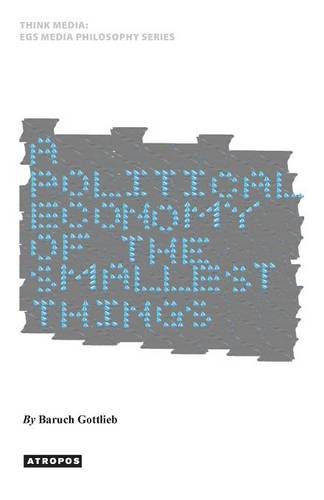
Experiments in Practice
Astrid Schwarz. 2014. Experiments in Practice.
Series: ‘History and Philosophy of Technoscience’, edited by Alfred Nordmann.
London, New York: Routledge.
Wandel von Autonomie und Kontrolle durch neue Mensch-Technik-Interaktionen. Grundsatzfragen autonomieorientierter Mensch-Technik-Verhältnisse
2014. Wandel von Autonomie und Kontrolle durch neue Mensch-Technik-Interaktionen: Grundsatzfragen autonomieorientierter Mensch-Technik-Verhältnisse.
Edited by Bruno Gransche, Erduana Shala, Christoph Hubig, Suzana Alpsancar, Sebastian Harrach.
Karlsruhe: Fraunhofer ISI.
Ecology Revisited
2011. Ecology Revisited: Reflecting on Concepts, Advancing Science.
Edited by Astrid Schwarz und Kurt Jax.
Dordrecht et al.: Springer.
Science Transformed?
2011. Science Transformed? Debating Claims of an Epochal Break.
Edited by Alfred Nordmann, Hans Radder and Gregor Schiemann.
Pittsburgh: Pittsburgh University Press.

